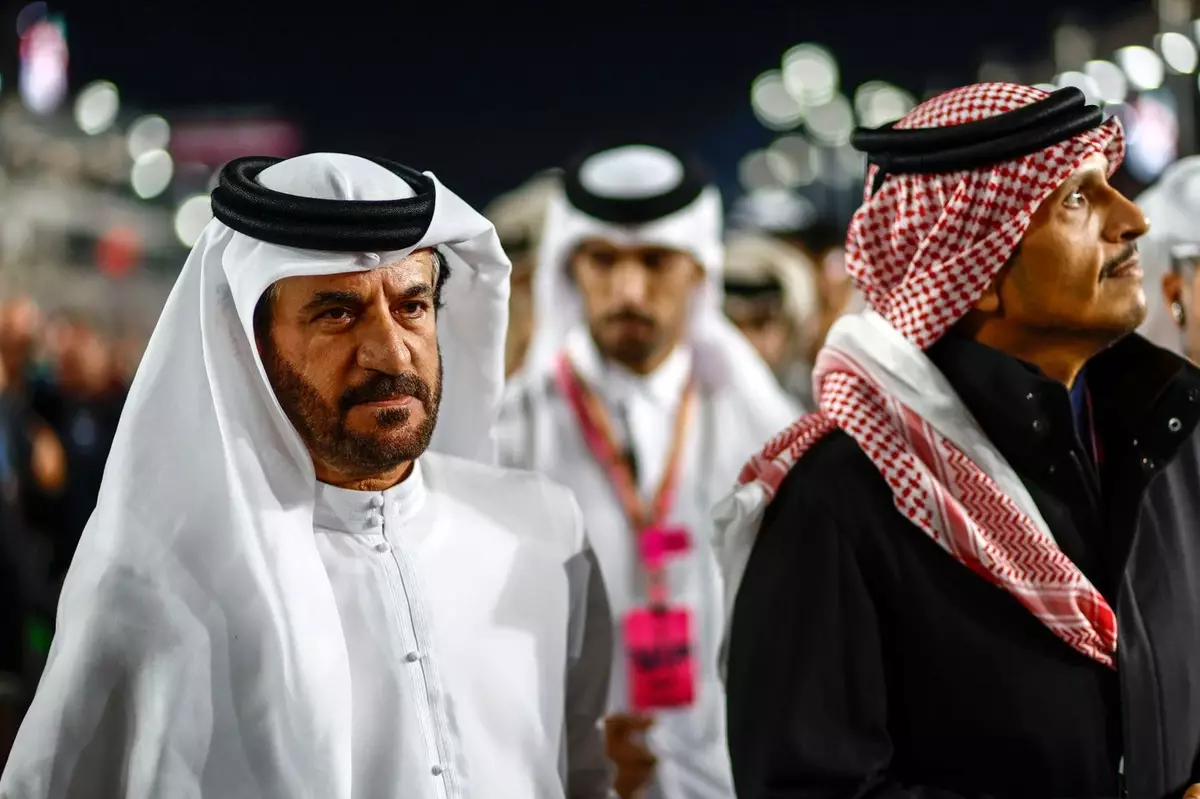The recent changes to the statutes of the Fédération Internationale de l’Automobile (FIA) have ushered in a pivotal moment for the governance of global motorsport. During the General Assembly convened in Rwanda, new structural shifts were proposed to the ethics and audit committees, aimed at enhancing the oversight capabilities and ensuring confidentiality. However, these modifications raise significant questions about accountability and transparency within the organization.
One of the most striking aspects of the revised governance structure is the apparent consolidation of power within the upper echelons of the FIA. By transferring substantial responsibilities to the FIA president and the president of the senate, the legislative changes diminish the independence of the compliance officer. This shift could lead to potential conflicts of interest, where those in leadership positions may be more inclined to protect their own interests rather than honestly assess compliance and ethical breaches.
Moreover, the audit committee, traditionally viewed as an independent body capable of conducting thorough investigations, is now categorized primarily as an “advisory body.” This modification effectively restrains its capacity to probe financial irregularities unless specifically summoned by higher authority. Critics of this measure argue that it introduces a troubling degree of oversight where audit responsibilities could be compromised due to hierarchical pressures, thereby eroding the foundational principles of corporate governance that demand accountability and transparency.
The FIA’s rationale for these changes includes the need to curb unauthorized leaks of confidential information to the media. Acknowledging that sensitive ethics reports had been disseminated outside of authorized channels, the organization has proposed limted access to such documents to protect the integrity of investigations. However, the limitation of report distribution raises concerns about the balance between necessary confidentiality and the public’s right to know about governance practices within the FIA.
While safeguarding the identities of whistleblowers and other interested parties is undeniably important, the current measures risk creating a culture of secrecy that could shield wrongdoing from scrutiny. By constraining access to ethical assessments, the FIA may inadvertently enable systemic issues of misconduct and hinder progressive reforms that could bolster the integrity of motorsport governance.
The proposed changes have not gone uncontested. Influential figures within the Formula 1 community, such as David Richards of the World Motor Sport Council, have publicly expressed their discontent regarding the diminishing checks and balances inherent in the new structure. Such reactions highlight a significant sense of unease among stakeholders who are concerned about the potential for bad governance becoming entrenched without robust avenues for accountability.
Opposition voices underscore the importance of maintaining an independent audit mechanism capable of investigating abuses without interference. The perception that the FIA is moving towards a more insular governance model with diminished oversight could pose long-term risks not only to the organization’s reputation but also to the broader trust in motorsport as a whole.
Alongside these sweeping governance changes, the FIA has reported a notable turnaround in its financial health, projecting an operating result of €2.2 million in 2024 compared to a staggering -€24 million in 2021. While this improvement highlights the effectiveness of reforms instigated under FIA President Mohammed Ben Sulayem, skepticism remains regarding whether governance restructures are merely strategic maneuvers to improve the financial narrative.
It is crucial to analyze if this financial recovery aligns with sustainable reform or if it serves as a smokescreen for the concerns being voiced by industry leaders. Maintaining financial oversight, free from excessive influence, will be essential to ensure that the FIA does not jeopardize its organizational integrity for short-term fiscal gains.
As the FIA embarks on this newly charted course in governance, the imperative remains to strike a balance between efficiency and accountability. While the intention to streamline processes is commendable, it cannot come at the cost of oversight and transparency. Continuous scrutiny from both within and outside the organization will be critical in assuring that these reforms lead to a healthier, more accountable FIA, capable of fostering trust and integrity in the world of motorsport.

